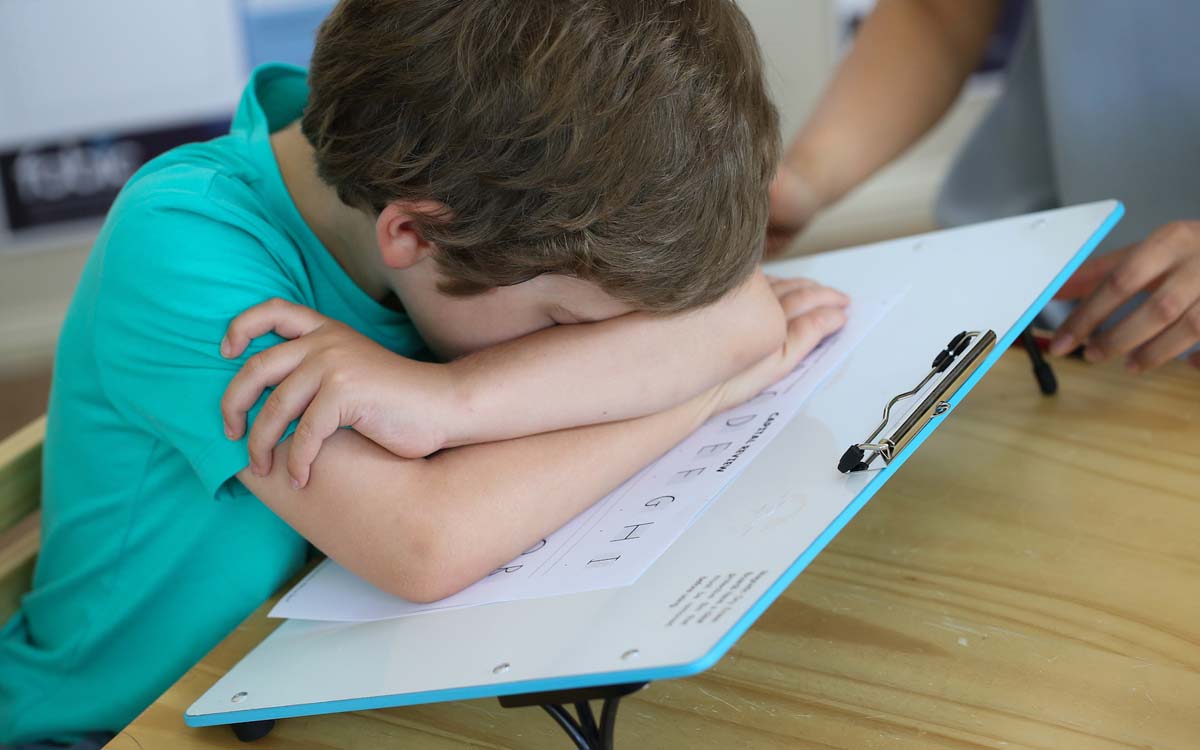“I hate heart handwriting”.
These are the dream words that many parents of children who struggle with handwriting would like to hear – that their children would give handwriting their best effort and enjoy it. Or if they can’t enjoy it at least don’t hate it and give handwriting some effort!The challenge of handwriting causes meltdowns, avoidance and tantrums. Learning to write is not easily mastered by every child. In fact, handwriting is a common struggle for many school-aged children today.Some children, may see the 26 letters of the alphabet as a confusing mix of different-sized lines and curves. Some letters are tall, some are small and some have a tail. There are different starting points, different directions, an upper case and a lower case… then there are different sounds for each letter, but we won’t go into that…!
Handwriting is a necessary and complex skill that has impacts on participation and learning at school. A lack of confidence or a poor ability with handwriting can often carry on into high school if not addressed at an early age and can impact on confidence, anxiety levels and performance in tests. It can also lead to embarrassment, frustration or distress, giving up, rushing in writing tasks or a reduced desire to write.
Challenges with handwriting are more common with children who have Autism Spectrum Disorder, Attention Deficit/Hyperactivity Disorder, Dyslexia, Dyspraxia and other developmental disorders. However, children without a diagnosis can also experience handwriting difficulties, including those who are highly intelligent.
Common challenges with handwriting include:
- Poor or undeveloped pencil grasp
- Poor letter formation
- Letter reversals
- Spacing issues
- Limited attention and concentration
- Writing with too little or too much pressure
- Writing too slow
- Slouching and poor body positioning
- Rushing writing tasks
- Illegibility
- Fatigue or discomfort
These difficulties with handwriting can be due to:
- Poor motor skills including with regards to visual-motor integration, postural control, lack of hand strength and dexterity
- Low muscle tone
- Perception of body, space and touch
- Memory and attention/li>
Various strategies that can support your child with handwriting can include:
- Keep handwriting activities timed and short according to your child’s ability
- Allow movement breaks
- Incorporate games that involve writing and drawing such as Pictionary or word games
- Play games to strengthen the body as needed e.g. core muscles, shoulder wrist, hands
- Adjusting seating support
- Trial writing aids that are supportive such as pencil grips, writing boards, cushions,
- Allowing dedicated focus on one letter at a time e.g. allow repetition and familiarity with p before introducing q
- Set up a comfortable and supportive writing station without distractions of
- TV or electronic devices
- Finish writing sessions with a fun activity
And finally… Be patient. Celebrate every improvement and acknowledge your child’s effort, loving them for who they are and not what they do.
Handwriting can be a challenging and joyless experience for many children, so Fabic handwriting programs aim to inspire fun, support confidence, reduce anxiety and build handwriting skills. The program will use movement, multi-sensory and fine-motor activities to develop skills in handwriting.







